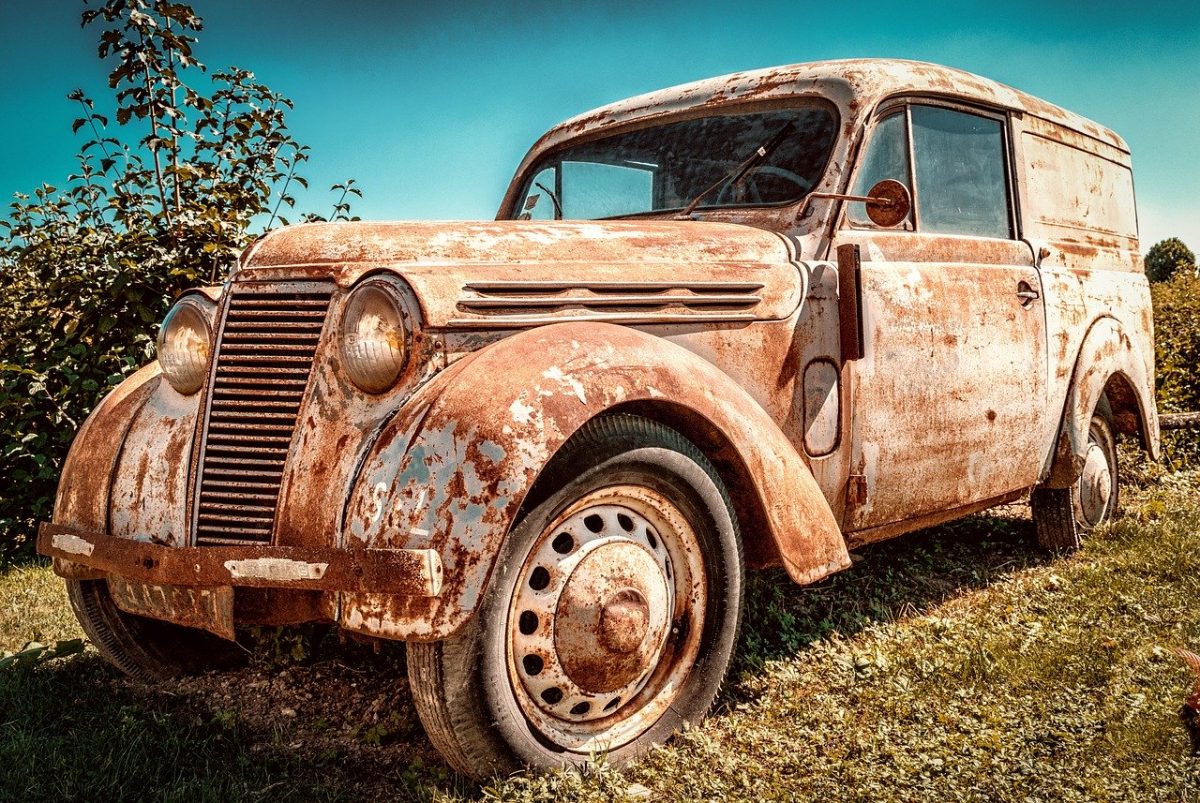
Never-ending odyssey: the rise of perpetual cruises that offer the very wealthy a new home at sea
After numerous delays, the Odyssey finally sets sail from Belfast for three-and- a-half years – but what drives people to spend a fortune living full-time on luxury liners?
O n 13 March 2020 a cruise ship called the Braemar was denied entry to the Bahamas after a number of its passengers tested positive for Covid. Forced to travel around the Caribbean, it was finally accepted by Cuba, from where those on board were evacuated to the UK.
The Braemar was just one of a number of cruise ships in which passengers found themselves quarantined at sea in those uncertain days. The Diamond Princess was stuck for a month anchored in Japan as the virus ripped through it, leaving more than 700 infected and nine dead. Another ship, the Ruby Princess, had 28 deaths. It was a nautical horror show.
Almost overnight these ocean-going symbols of leisure had become crucibles of death and contagion. Over the next 24 months, 35 cruise liners were sent to Aliaga in Turkey, the maritime graveyard where ships are dismantled and sold for scrap. Several major lines went into liquidation, and some observers suggested that the $150bn global cruise industry was effectively sunk.
Leave a Comment
Related Posts





















